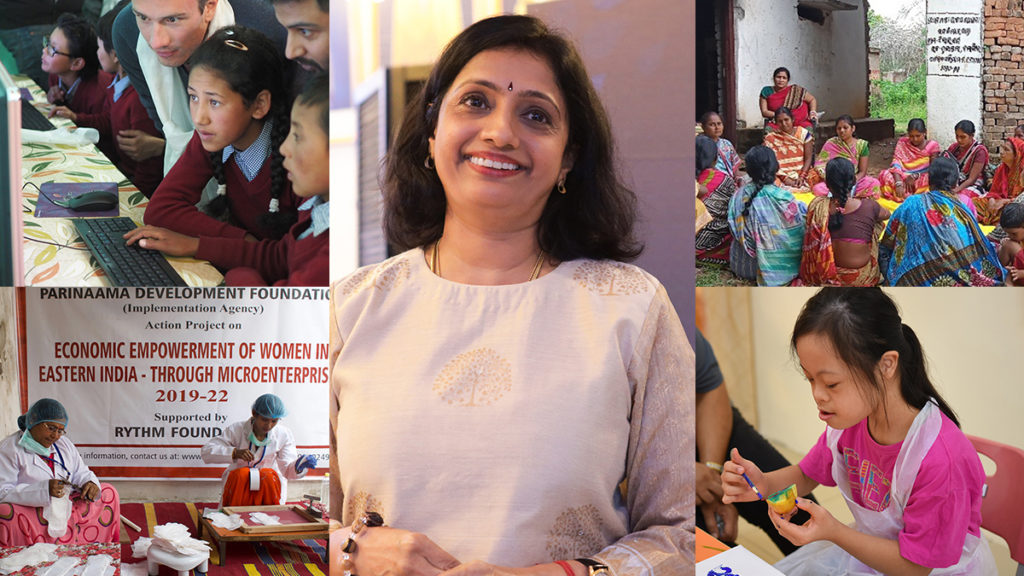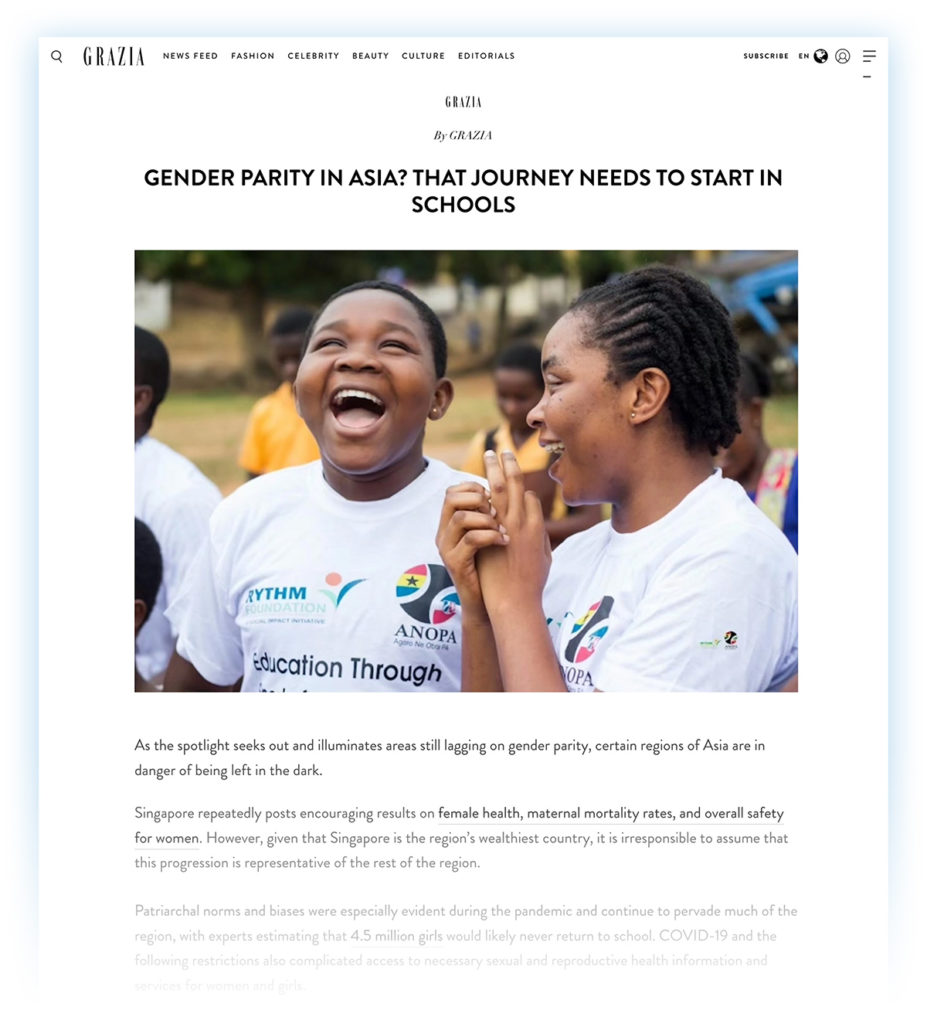
Achieving gender equality, one of the United Nation’s 17 Sustainable Development Goals (SDGs), may take another 286 years for the work needed to remove discriminatory laws and close prevailing gaps in legal protections for women and girls. The Progress on the Sustainable Development Goals: The gender snapshot 2022 report published by UN Women and the UN Department of Economic and Social Affairs shows that the world cannot achieve gender equality by 2030.
However, it’s not all doom and gloom. Over the years, there has been progress in this area, but the overlapping impacts of the COVID-19 pandemic, accelerating climate disasters, and geopolitical conflict have threatened gender equality and women’s rights across the globe.
South Asia ranks the lowest among the eight regions covered in the report, with only 62.3% of the gender gap closed in 2022. This lack of progress since the last edition extends the wait to close the gender gap due to a broad stagnation in gender parity scores across most regional countries.
Grazia, a globally renowned prominent and influential magazine on culture and lifestyle, published an article that spotlights how the QI Group’s social impact initiative, RYTHM Foundation, is tackling closing the gender gap through education intervention at a young age.
The Foundation has made inroads by partnering with grassroots organisations in several rural and low-income communities in the region and designing projects that are specifically focused on helping young girls and women with economic independence.
Read on to find out how the initiatives have positively impacted the underprivileged and marginalised communities.


